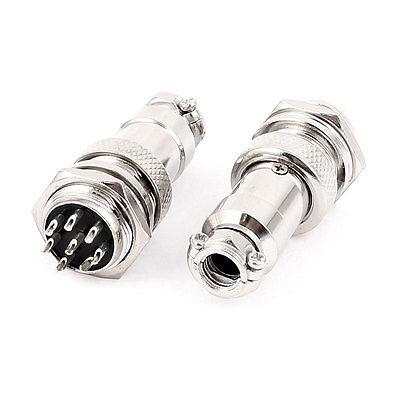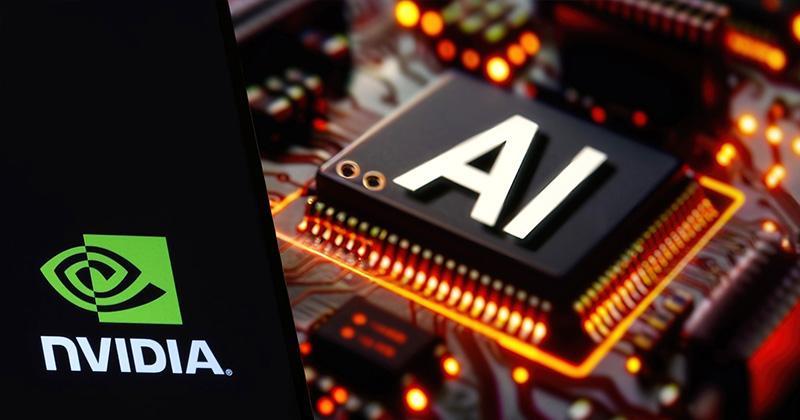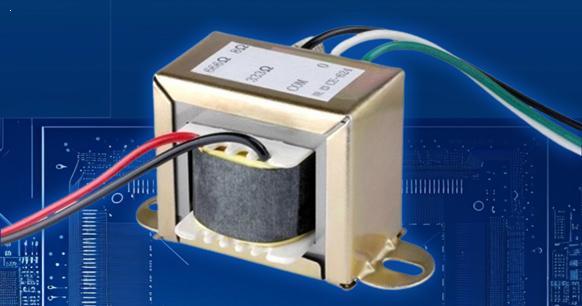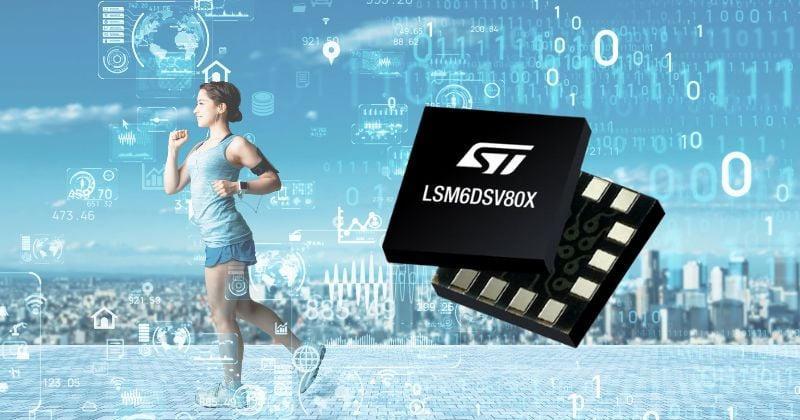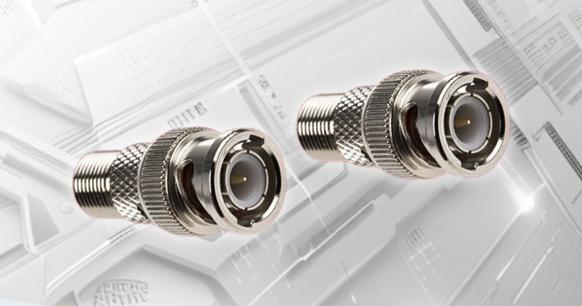
Infineon and Eatron Expand their Collaboration to Bring AI-Driven Battery Management Solutions to Industrial and Consumer Markets
Infineon Technologies AG and Eatron are expanding their existing collaboration in battery management solutions (BMS) for automotive applications to develop a comprehensive BMS portfolio that extends across various industrial and consumer sectors. Leveraging Infineon’s PSoC™ microcontrollers, this partnership integrates the advantages of AI-driven battery optimization software with cutting-edge power semiconductor components to deliver an advanced solution that reduces battery degradation, enhances safety monitoring, and improves the overall performance and reliability of battery-powered systems.

This technology merges Eatron’s AI-powered BMS software—utilizing pre-trained models with SOX, RUL, and Safety Diagnostic capabilities—with Infineon’s components, such as MOSFETs for battery protection and the PSoC 6 AI-based battery management system, designed for state-of-the-art machine learning applications. As a result, customers gain access to key benefits, including highly accurate State of Charge (SOC) predictions, reduced system costs, and faster time-to-market. This strategic partnership aims to meet the growing demand for sophisticated battery management solutions in industrial and consumer applications, spanning light electric vehicles, portable electronics, robotics, energy storage systems, and power tools.
The market for battery management and optimization is rapidly expanding, fueled by the increasing need for efficient energy utilization, extended battery lifespan, and predictive maintenance. AI is playing a crucial role in enhancing battery performance, positioning the Eatron-Infineon technology as a leading solution for applications such as robotics, wearables, portable medical devices, smart home appliances, battery-powered IoT products, and low-power energy storage systems.
Eatron’s software has been pre-validated and deployed on Infineon’s PSoC, undergoing benchmarking against conventional methods that require extensive cell characterization. This evaluation, conducted on a system with up to 24 cells using a commercially available LG Chem INR21700 M50 cell across a broad temperature range (0–45°C), demonstrated comparable results, reinforcing the strong value proposition of the Eatron-Infineon technology.

